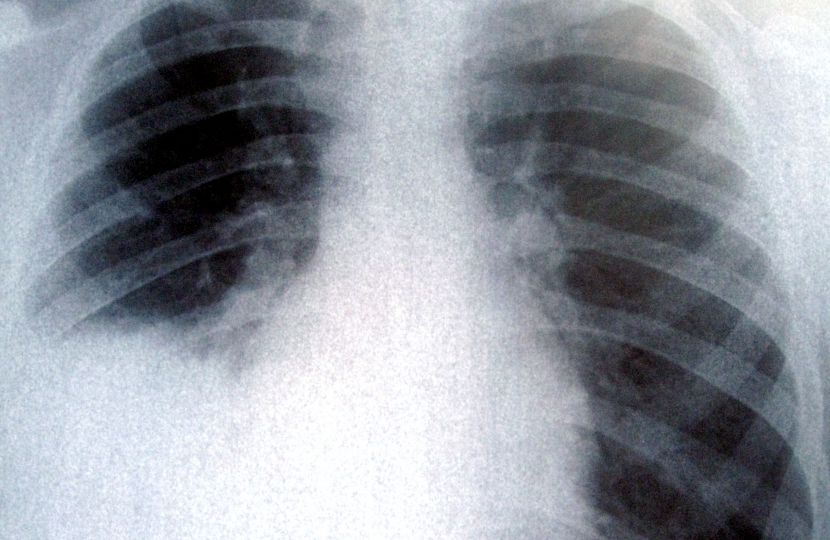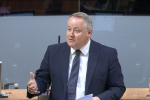
Chronic obstructive pulmonary disease (COPD) is the name for a group of lung conditions that cause breathing difficulties and a permanent narrowing of the airways.
It is the fifth most common cause of death in the UK, resulting in 30,000 deaths per year. More than 1.3 million people in the UK have a diagnosis of COPD, with over 70,000 people here in Wales.
In the absence of treatment, those without a diagnosis are at risk of deteriorating health and quality of life, with later diagnosis linked to higher levels of COPD exacerbations and a greater chance of dying from the disease.
Asthma UK and British Lung Foundation conducted a UK survey, Failing the Fundamentals, of over 8,000 people with COPD between December 2020 and May 2021. Even before the pandemic, it is clear from the responses that many people with COPD had experienced unacceptable delays before a diagnosis was made.
During this period, the impact of COVID-19 considerably worsened people’s daily lives, their chances of being diagnosed, and the level of care they received.
Recent health board figures found that diagnosis rates – which were already far too low – plummeted even further due to fears around spirometry being an aerosol generating procedure. As of this month, diagnostic tests such as spirometry have not yet properly resumed, making it likely that thousands of people may have gone undiagnosed in 2021.
While rates of cancer diagnosis are already up to pre-pandemic levels, there is no dedicated plan to address the huge backlog in respiratory care.
I am therefore supporting calls for a new Lung Health Quality Statement to address this issue urgently.
It has been found that across Wales, only 17% of people with COPD are receiving what NICE clinical guidance defines as the five fundamentals of COPD care (a basic level of care comprising elements such as provision of a self-management plan, vaccinations against flu and pneumonia, referral to smoking cessation services, pulmonary rehabilitation and managing other co-existing medical problems).
England is the nation with most people receiving basic care, but this is still low at 26%.
Receipt of these five fundamentals was more likely when more time had passed since the initial diagnosis. This may be because people with COPD have to learn how to navigate the NHS to get the care that they need, and this is time during which their health may deteriorate considerably. Alternatively, it may be that healthcare professionals do not prioritise treatment until a patient has deteriorated. Neither scenario is acceptable.
The survey suggests that more than 10,000 people have had their working lives cut short by COPD, and that it has held them back from socialising and pursuing leisure activities. For over half of people asked their mental health has worsened since receiving a diagnosis.
Despite the devastating impact of COPD, and the relatively high prevalence of the condition, it remains misunderstood by the media and the general public. Over a quarter of the survey respondents (27%) said they had faced direct discrimination since being diagnosed with COPD, and many shared stories of social isolation, ostracism and reduced opportunities.
Two weeks ago, on World COPD Day (November 17th), I joined with the British Lung Foundation in calling for immediate action so people living with COPD have access to the care and information that they need to manage their condition well.



